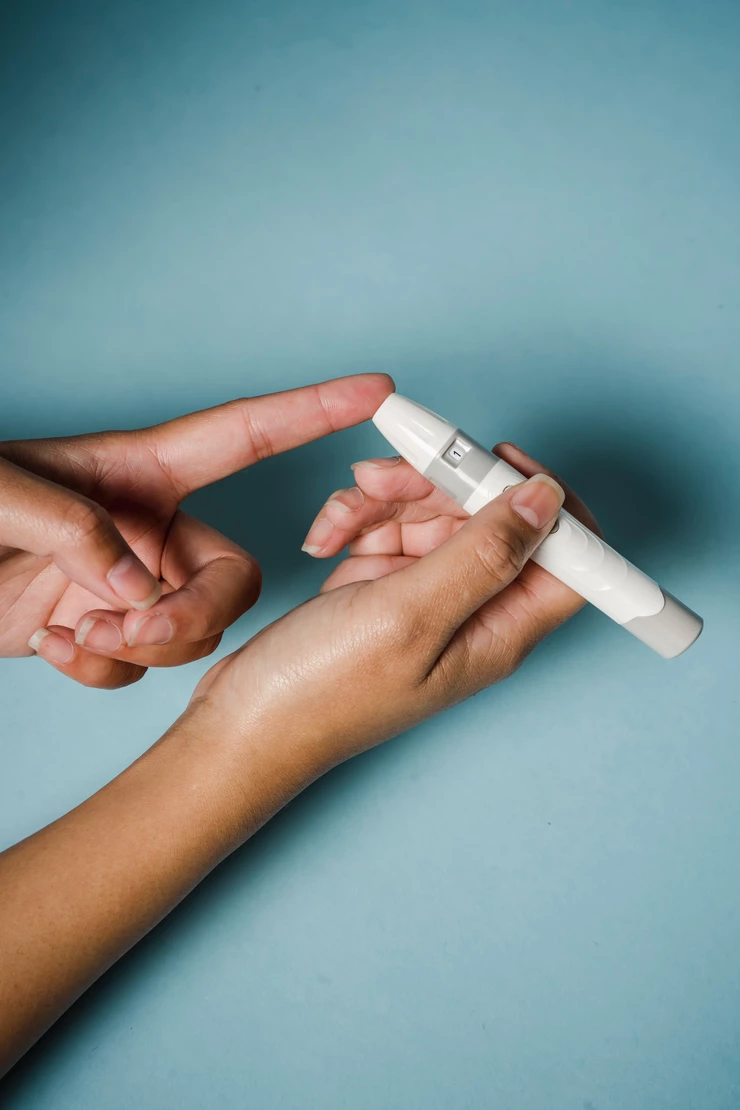What does it mean to have high cholesterol?
According to the American Heart Association, cholesterol is not harmful in and of itself. In reality, your liver makes it and utilizes it to aid cell growth. Cholesterol is also obtained through the meals you consume, particularly animal products such as meat, eggs, and dairy. In certain people, eating cholesterol stimulates the liver to produce much more cholesterol than usual, resulting in elevated blood cholesterol levels. Palm oil and coconut oil, for example, may also contribute to excessive cholesterol production.
Medicare may pay extra services if you have been diagnosed with high cholesterol. For example, medically necessary blood testing to monitor your health and how you respond to therapy, as well as any essential doctor visits or outpatient tests linked to cholesterol management, are usually covered by Medicare.
How does Medicare pay for high cholesterol patients?
If your provider accepts Medicare, Medicare will usually pay routine high cholesterol screening blood tests once every five years at no cost to you. If you’ve been diagnosed with high cholesterol, Part B usually includes medically required blood tests to track your progress and treatment response. Medicare pays any medically necessary doctor visits and outpatient testing to control your high cholesterol. After you meet your deductible, you typically pay 20% of the authorized expenses under Part B. Part A provides inpatient care if you are admitted to the hospital due to high cholesterol.
What does a cholesterol blood test entail?
A comprehensive lipid profile is a thorough blood test for cholesterol. Your doctor can use the information to track your heart health and discover problems that could lead to a heart attack or stroke.
A cholesterol test is performed to determine your risk of heart and blood vessel disease. The test will assist your doctor in determining your total cholesterol as well as your:
-
LDL cholesterol stands for low-density lipoprotein cholesterol. LDL, often known as “bad” cholesterol, can cause plaques (fatty deposits) to form in your arteries if you have too much of it. These deposits can restrict blood flow and burst, resulting in a heart attack or stroke.
-
HDL cholesterol stands for high-density lipoprotein cholesterol. HDL, often known as “good” cholesterol, aids in removing LDL cholesterol and other “bad” lipids from the body.
-
Triglycerides. Triglycerides are a kind of fat that is stored in fat cells and is seen in your blood. Triglycerides, at high enough levels, may raise the risk of heart disease or diabetes.
Depending on your health needs, your doctor may recommend that you have your cholesterol tested more frequently. If you have high cholesterol or are at risk for heart disease, for example, you may require more regular tests.
Takeaway
Medicare will pay the cost of testing your cholesterol, lipid, and triglyceride levels every five years. These tests can help you figure out if you’re at risk for heart disease, stroke, or a heart attack.
Other preventative procedures are also covered by Medicare, including wellness checkups and mammography screenings, colorectal cancer screenings, and flu vaccinations.


